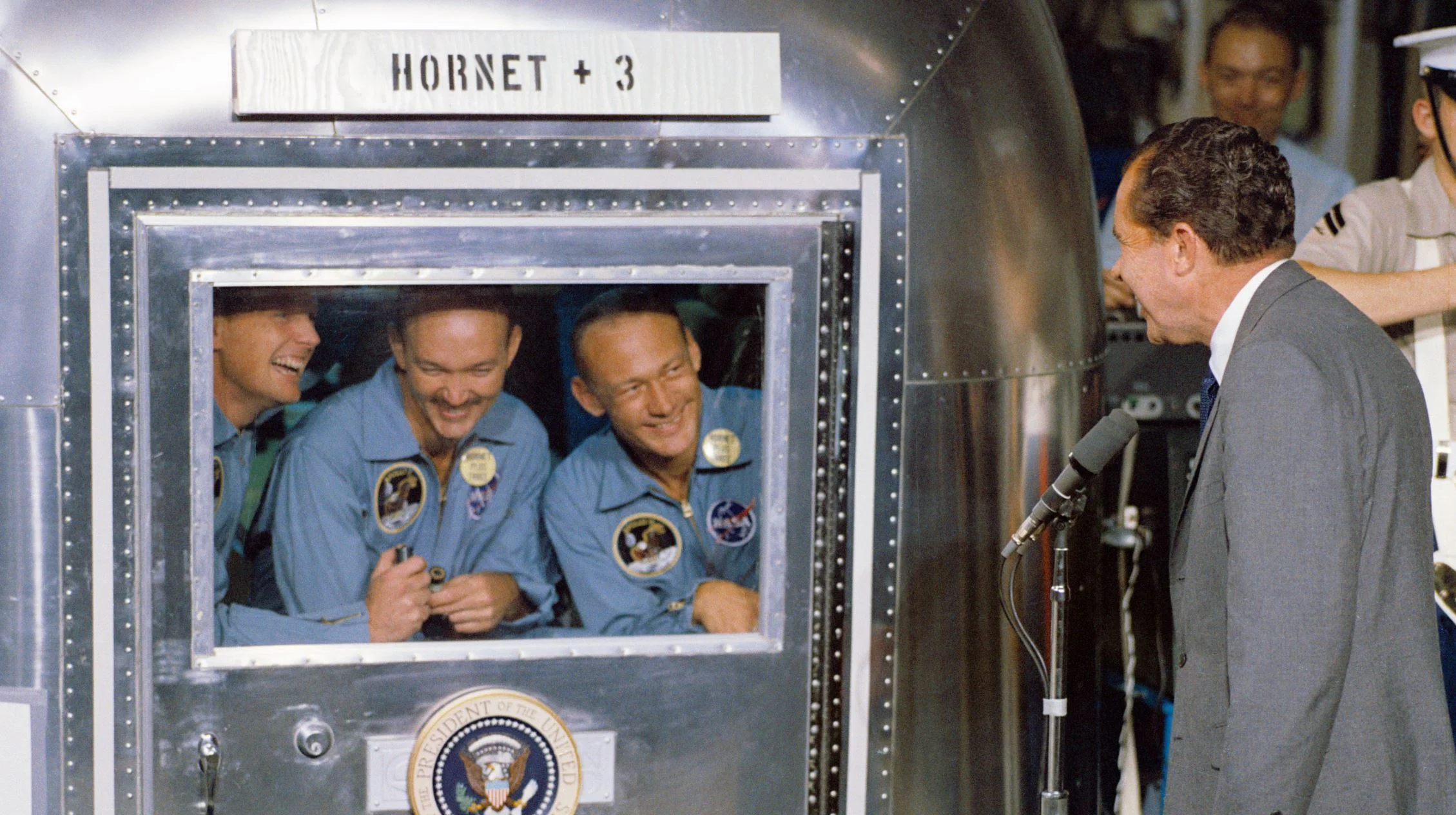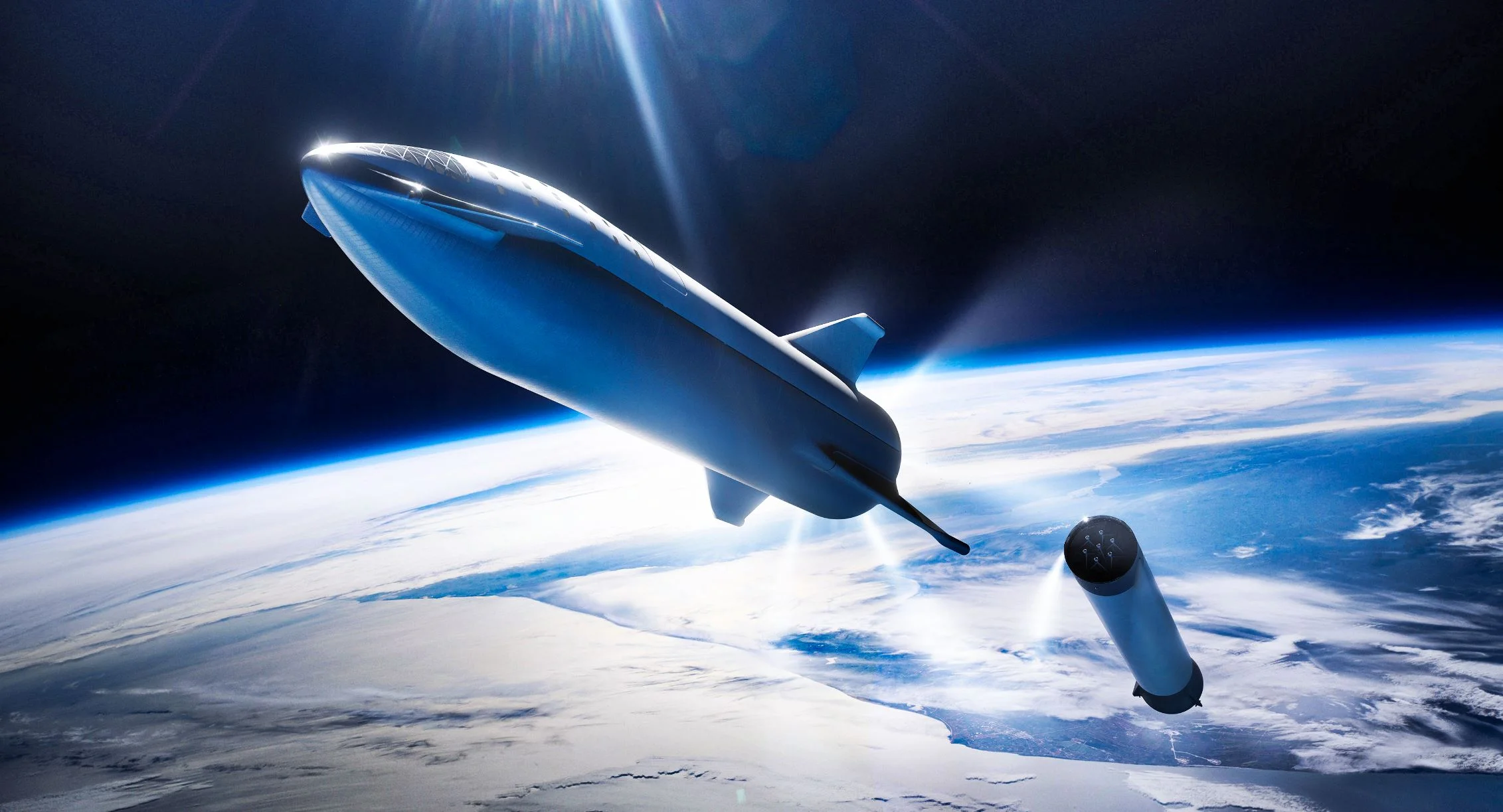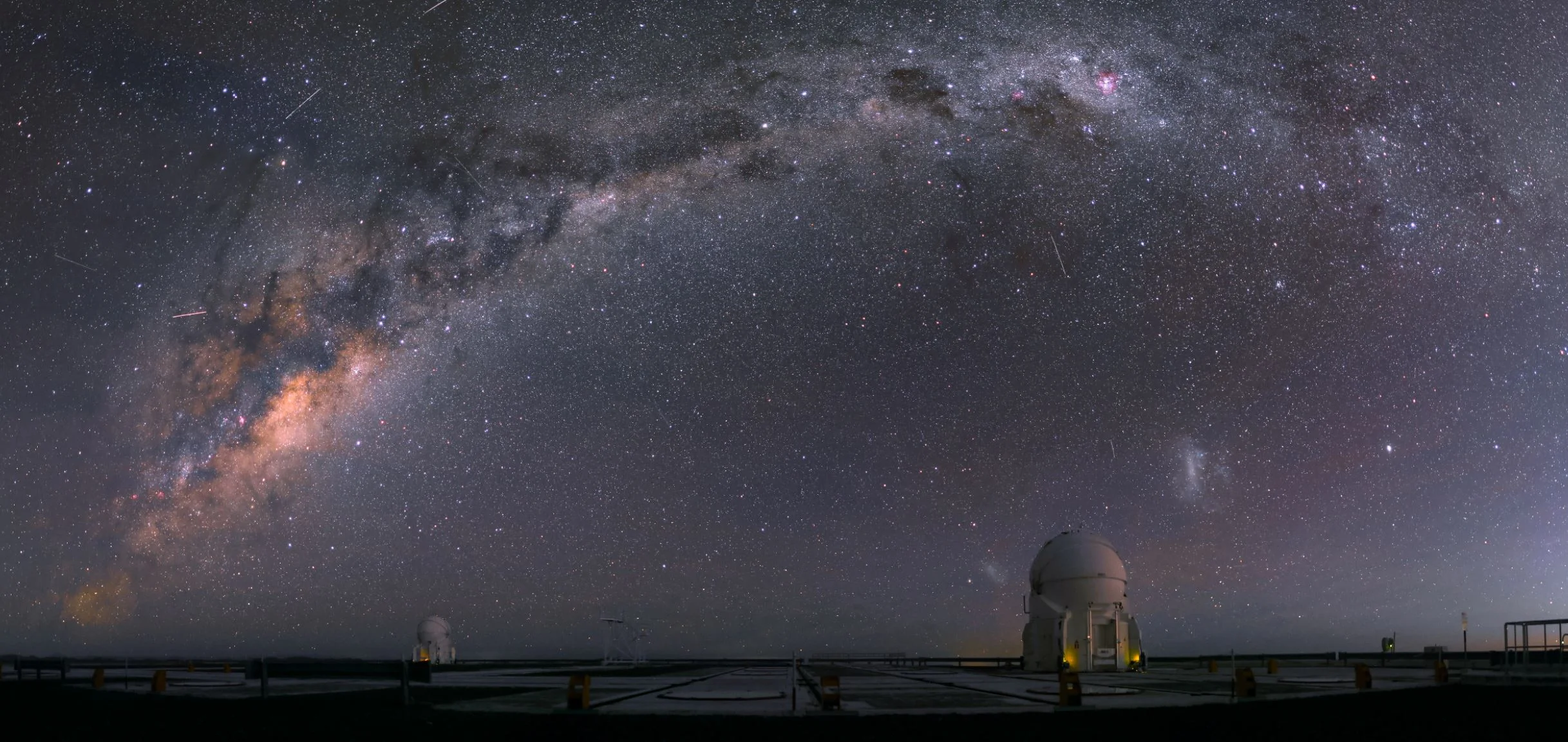System could provide fine-scale meshes for growing highly uniform cultures of cells with desired properties.
Apollo 11 brought a message of peace to the Moon - but Neil and Buzz almost forgot to leave it behind
“How about that package out of your sleeve? Get that?” is certainly not the most famous phrase uttered by a human while on the Moon. And the items nestled in a small packet that astronaut Buzz Aldrin had stowed in the pocket just below the shoulder of his extravehicular mobility unit were certainly not mission critical. They were sentimental objects, intended to be left on the Moon purely for symbolic and commemorative purposes.
Health check: can eating certain foods make you smarter?
Hubble Tracks the Lifecycle of Giant Storms on Neptune
In 1989, NASA’s Voyager 2 zipped past Neptune—its final planetary target before speeding to the outer limits of the solar system. It was the first time a spacecraft had visited the remote world. As the craft zoomed by, it snapped pictures of two giant storms brewing in Neptune’s southern hemisphere. Scientists dubbed the storms “The Great Dark Spot” and “Dark Spot 2.”
Grab a bit of asteroid Bennu? Not so fast
Pets and owners - you can learn a lot about one by studying the other
Hubble Captures the Brilliant Heart of a Massive Galaxy
This fuzzy orb of light is a giant elliptical galaxy filled with an incredible 200 billion stars. Unlike spiral galaxies, which have a well-defined structure and boast picturesque spiral arms, elliptical galaxies appear fairly smooth and featureless. This is likely why this galaxy, named Messier 49 (M49), was discovered by French astronomer Charles Messier in 1771. At a distance of 56 million light-years and measuring 157,000 light-years across, M49 was the first member of the Virgo Cluster of galaxies to be discovered, and it is more luminous than any other galaxy at its distance or nearer.
Even light physical activity has health benefits
Most people probably don’t think of everyday activities – such as hanging out the washing or putting away the groceries – as having an effect on their long-term health. But new research suggests that doing lots of these light-intensity physical activities reduces your risk of cardiovascular disease.
Jupiter Marble
LIGO Just Got a Big Upgrade, Will Begin Searching for Gravitational Waves Again on April 1st
In February of 2016, scientists at the Laser Interferometer Gravitational-wave Observatory (LIGO) made history by announcing the first-ever detection of gravitational waves (GWs). These ripples in the very fabric of the Universe, which are caused by black hole mergers or white dwarfs colliding, were first predicted by Einstein’s Theory of General Relativity roughly a century ago.
The Incredible Challenge of Landing Heavy Payloads On Mars!
CERN: Study sheds light on one of physics’ biggest mysteries – why there’s more matter than antimatter
All those hours you 'wasted' on gaming as a kid might have been useful after all
Always had the idea that the hours you spent behind your Nintendo, Xbox, PC or Playstation must have been good for something? You can now provide that vague notion with a scientific basis. A recently published study in the Journal of Communication shows that a certain type of intelligence increases through gaming.
NASA’s Fermi Satellite Clocks ‘Cannonball’ Pulsar Speeding Through Space
Astronomers found a pulsar hurtling through space at nearly 2.5 million miles an hour — so fast it could travel the distance between Earth and the Moon in just 6 minutes. The discovery was made using NASA’s Fermi Gamma-ray Space Telescope and the National Science Foundation's Karl G. Jansky Very Large Array (VLA).
We did a breakthrough ‘speed test’ in quantum tunnelling, and here’s why that’s exciting
New evidence suggests we should eat fewer eggs
Algorithms have already taken over human decision making
I can still recall my surprise when a book by evolutionary biologist Peter Lawrence entitled “The making of a fly” came to be priced on Amazon at $23,698,655.93 (plus $3.99 shipping). While my colleagues around the world must have become rather depressed that an academic book could achieve such a feat, the steep price was actually the result of algorithms feeding off each other and spiraling out of control. It turns out, it wasn’t just sales staff being creative: algorithms were calling the shots.
Jupiter’s Great Red Spot: A 300-year-old cyclone persists but is shrinking
The Great Red Spot, a storm larger than the Earth and powerful enough to tear apart smaller storms that get drawn into it, is one of the most recognizable features in Jupiter’s atmosphere and the entire solar system. The counterclockwise-moving storm, an anticyclone, boasts wind speeds as high as 300 miles per hour. This prominent feature, observed since 1830, and possibly as far back as the 1660s, has long been a source of great fascination and scientific study.
SpaceX Tests the Starship’s Hexagonal Heatshield. Starhopper Tests Could Come as Early as This Week!
NASA Mission Reveals Asteroid Has Big Surprises
A NASA spacecraft that will return a sample of a near-Earth asteroid named Bennu to Earth in 2023 made the first-ever close-up observations of particle plumes erupting from an asteroid’s surface. Bennu also revealed itself to be more rugged than expected, challenging the mission team to alter its flight and sample collection plans, due to the rough terrain.















